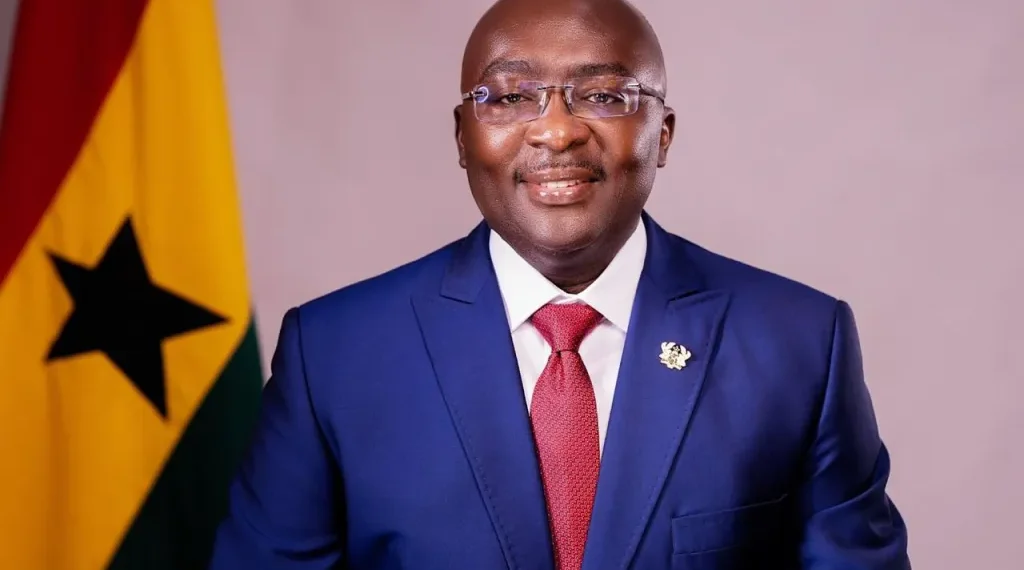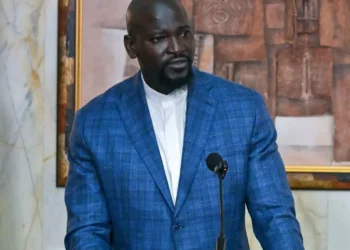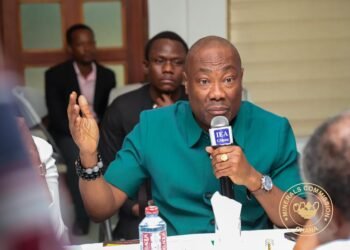The Gold for Oil Programme may go down as one of Ghana’s most pivotal economic shifts in recent memory—and the man behind it, Dr. Mahamudu Bawumia, is receiving due credit from policy experts for his visionary approach to managing the nation’s prized mineral.
Dr. Ekow Acquah, a seasoned Political Communications Consultant, has openly praised the former Vice President for redefining the role of gold in Ghana’s economy.
From pre-independence times, Ghana—then known as the Gold Coast—has been globally associated with gold.
Yet, despite its mineral wealth, the country long remained stuck in the conventional cycle of mining and exporting gold for foreign exchange, with little innovation in how it could be used to stabilize the economy.
But in 2022, as economic shocks rippled across the globe and Ghana’s Cedi suffered under the weight of growing forex demand, especially for oil imports, Dr. Bawumia introduced a game-changing idea.
“However, with the global economic dynamics hit by an unprecedented crisis, nations began to think outside the box, in response to depreciating local currencies and rising cost of living. In Ghana, a 21st-century leader, then Vice President of the Republic, in 2022 proposed an innovative policy idea that would change Ghana’s perspective on its precious mineral, gold, forever.”
Dr. Ekow Acquah
Faced with mounting economic pressures, Dr. Bawumia didn’t just call for temporary fixes—he reimagined Ghana’s relationship with its most valuable resource.
First came the Bank of Ghana’s Gold Purchasing Programme, a strategy aimed at boosting the country’s meager 8-tonne gold reserves. This effort laid the groundwork for what would become the landmark Gold for Oil programme.
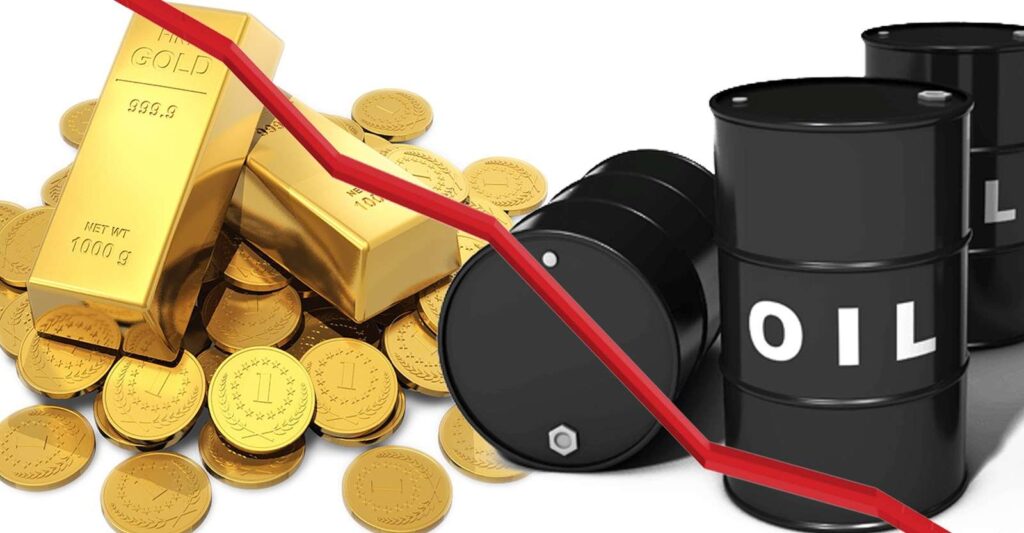
The logic was simple yet profound: if Ghana had gold, why scramble for scarce foreign exchange to import oil? By using its gold reserves as payment, the country could bypass volatile forex markets altogether.
According to Dr. Acquah, “Bawumia identified the demand for foreign exchange to finance the import of oil products as a major source of Cedi depreciation.”
The Gold for Oil programme, therefore, was not just a currency stabilization effort—it was a strategic masterstroke.
He added, “Rather, it used its gold, purchased by the Bank of Ghana, to pay for the oil imports,” noting that the direct result was reduced pressure on the Cedi and more stable fuel prices across the country—an achievement that eluded many previous administrations.
Vision That Influenced National Policy
Midway through Ghana’s post-independence journey, it’s easy to ask: Why did it take over six decades for gold to be seen as a currency-stabilizing tool?
Dr. Acquah believes the answer lies in leadership. “The answer is simple: it was Dr. Mahamudu Bawumia, the former Vice President, who awoke Ghana to the role gold can play in building reserves and stabilizing the exchange rate,” he stated.
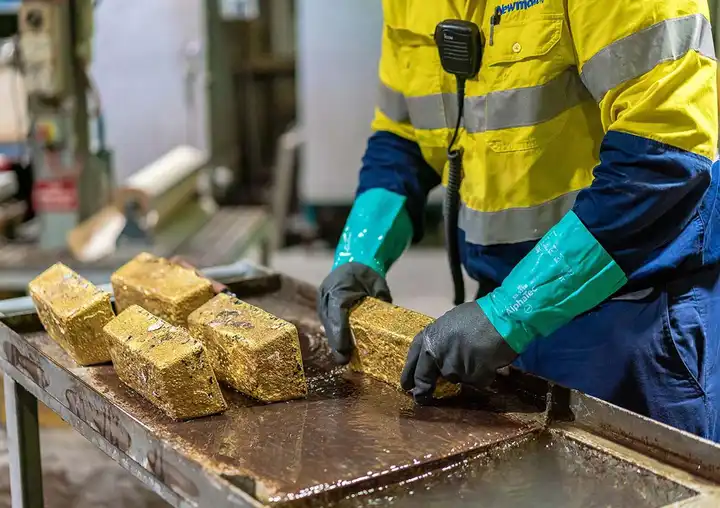
He noted that interestingly, even after Dr. Bawumia left office, the current National Democratic Congress (NDC) government acknowledged the relevance of his initiatives.
According to Dr. Acquah, the recently introduced Goldbod programme is merely an extension of the core ideas pioneered by the former Vice President.
“Truth is, before 2022, no policymaker in Ghana had presented a policy initiative on the Bank of Ghana increasing its gold reserves through a gold purchase program, gold for oil, or the use of gold for stabilizing the currency, etc.”
Dr. Ekow Acquah
He further emphasized, “Today, the NDC government has introduced the Goldbod building on the basic idea introduced by Dr. Bawumia.” Whether by intention or necessity, the NDC is walking a path first charted by its political rival—and that speaks volumes.
Commendation Deserved, Not Contested
There’s no denying that Ghana’s economic challenges are far from over. But if the conversation today increasingly revolves around gold as a reserve-building and stabilizing asset, it is largely due to the initiatives sparked in 2022.
Dr. Acquah, while acknowledging the broader impact of economic trends, remains firm in his view that Bawumia’s policies changed the narrative.
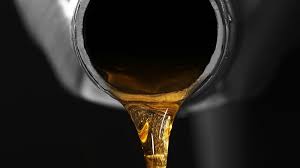
“If today, all the talk is about bringing gold to the forefront of managing the economy, it is because of Dr. Bawumia’s defining policy proposals on gold, and he ought to be commended.”
Dr. Ekow Acquah
In an era where bold economic thinking is rare and political point-scoring often trumps substance, Bawumia’s gold strategy may prove to be a rare case where innovative policy took precedence—and worked.
As other nations now watch how Ghana navigates its path, the Gold for Oil programme stands as a reminder that sometimes, the answers to our biggest problems have been under our feet all along.
READ ALSO: Kanye West Blames Taylor Swift for Super Bowl Snub

